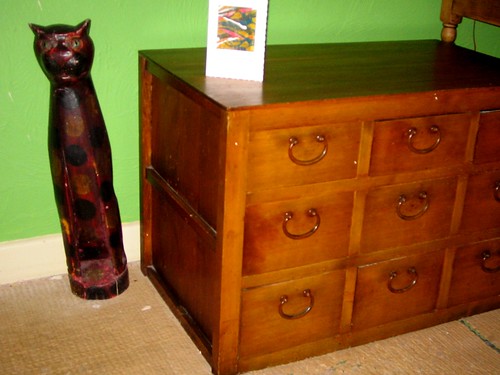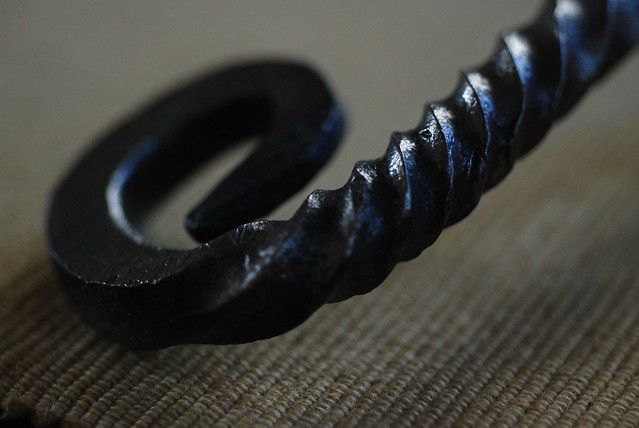While putting together a Celtiadur post today about words for six and related things in Celtic languages, I noticed that in Cornish a semester is hweghmis and that it’s c’hwec’h-miz in Breton. Both mean “six months”. This lead me to wonder about the origins of the word semester. Does it have anything to do with six?
In English the word semester means half a school year or academic year, or a period or term of six months. It was borrowed from the German Semester (semester), from the New Latin sēmestris (lasting six months), from sex (six) and mēnsis (month) [source].
In the UK, academic years used to be divided into three terms. However, these days many UK universities divide their academic years into two semesters, like in the USA.
Another word for term is trimester, which also means a period of (about) three months, or a (financial) quarter. It was borrowed from the French trimestre (quarter [period of 3 months], term, trimester [of pregnancy]), from the Latin trimēstris (three months), from trēs (three) and mēnsis (month) [source].
Incidentally, the word six comes ultimately from the Proto-Indo-European *swéḱs (six) [source]. Words from the same root include:
- sixfold = having six component parts; times/multiplied by six
- sixsome = a group of six persons or things
- senary = of sixth rank or order; of, pertaining to, or based on six.
- sexennium = a period of six years
- sextant = a navigational device for deriving angular distances between objects so as to determine latitude and longitude; one sixth of a circle or disc
- sextet = a group of six people or things; a composition for six voices or instruments; a group of six singers or instrumentalists.
- sextuple = a sixfold amount, having six parts, having six beats to a bar
- sextuplet = a group of six objects; one of a group of six persons or animals born from the same mother during the same birth; a group of six notes played in the time of four
- hexad = a group of six; an element or radical with the combining power of six units
- hexaglot = in six languages
- hexahex = a polyhex composed of six hexagons
- hexahectaenneacontakaiheptagon = a polygon with 697 sides. Coined humorously to describe the shape of the US state of Colorado. [source]












